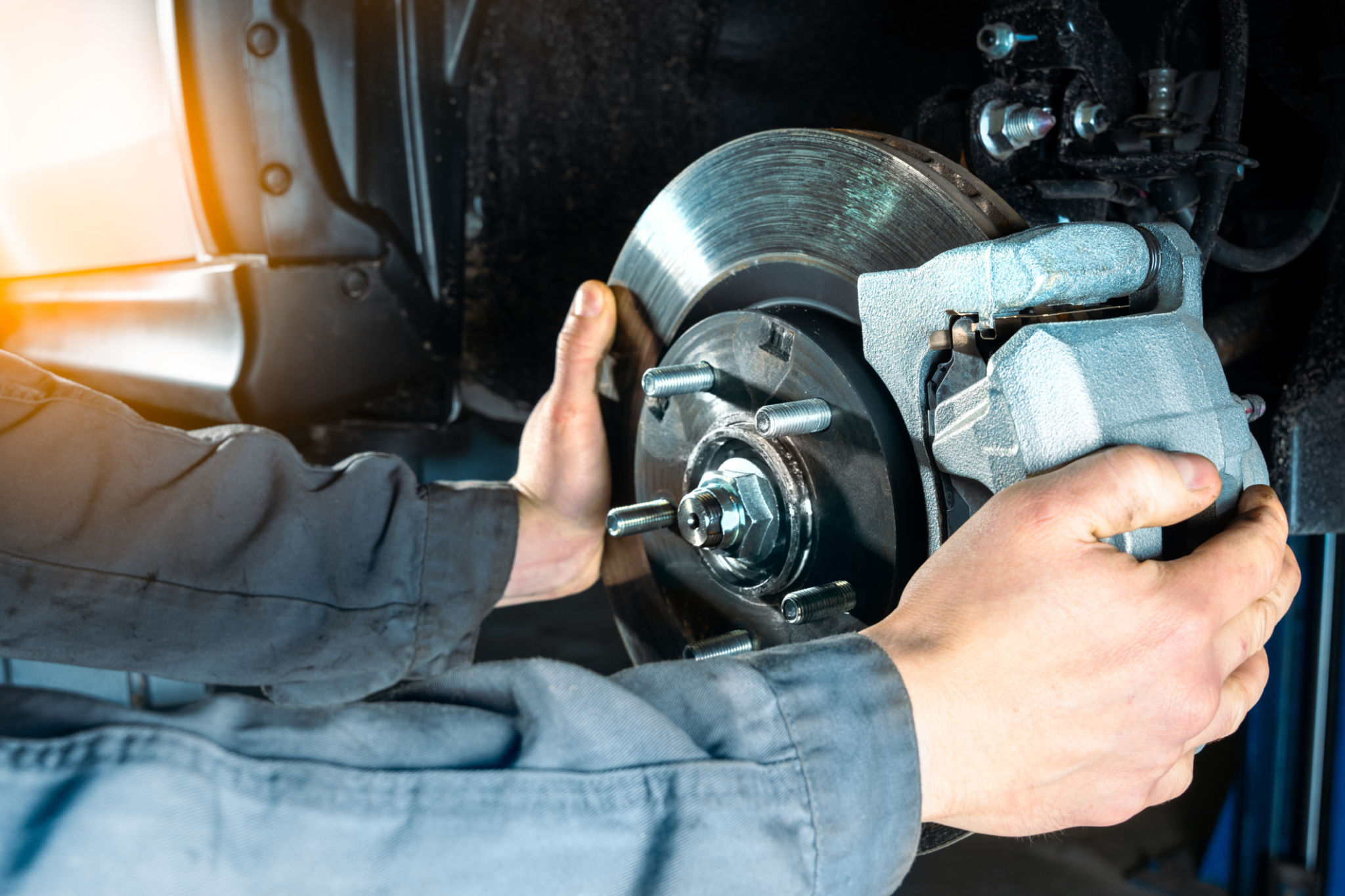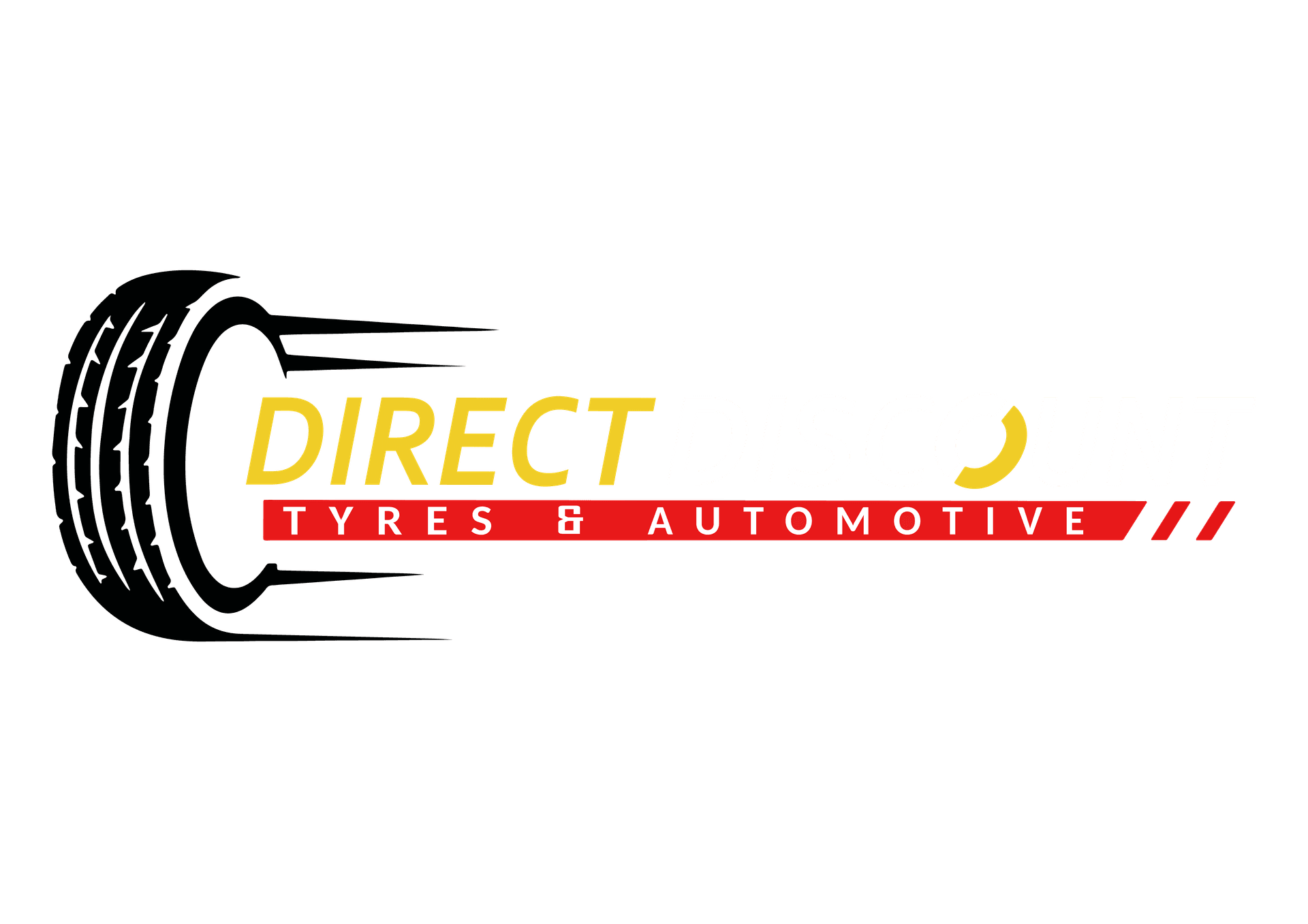Frequently Asked Questions About Brake Repairs in Thomastown
What Are the Signs That Your Brakes Need Repair?
Your vehicle's brakes are crucial for your safety on the road. It’s essential to recognize the signs that indicate your brakes might need repair. Common indicators include a squealing or grinding noise when you apply the brakes, a spongy or soft brake pedal, and the car pulling to one side when braking. If you notice any of these symptoms, it’s time to get your brakes checked.
Another important sign is the brake warning light on your dashboard. This light can indicate various issues, from low brake fluid to worn brake pads. Ignoring these signs can lead to more severe problems and even brake failure.

How Often Should You Have Your Brakes Inspected?
Regular brake inspections are vital to ensure your braking system is functioning correctly. It’s generally recommended to have your brakes checked at least once a year or every 12,000 miles, whichever comes first. However, if you frequently drive in heavy traffic or mountainous areas, you might need more frequent inspections.
During a brake inspection, a mechanic will check the condition of your brake pads, rotors, and fluid. They’ll also look for any signs of wear and tear that could compromise your braking efficiency. Regular inspections can help you catch potential issues early and avoid costly repairs down the line.
What Are the Common Types of Brake Repairs?
Brake repairs can range from simple adjustments to complete replacements. The most common types of brake repairs include:
- Brake Pad Replacement: Brake pads wear down over time and need to be replaced regularly to maintain optimal braking performance.
- Rotor Resurfacing or Replacement: Rotors can become warped or damaged, requiring resurfacing or replacement.
- Brake Fluid Flush: Over time, brake fluid can become contaminated and lose its effectiveness. Flushing and replacing the fluid can help maintain brake performance.
- Brake Line Repair: Damaged or leaking brake lines can compromise your braking system and need to be repaired or replaced.

Can You Drive With Worn Brake Pads?
Driving with worn brake pads is highly dangerous and not recommended. Worn brake pads can significantly reduce your braking efficiency and increase the stopping distance, putting you and others at risk. Additionally, continuing to drive with worn pads can damage other components of your braking system, leading to more expensive repairs.
If you suspect your brake pads are worn, it’s crucial to have them inspected and replaced as soon as possible. Regular maintenance and timely replacements can help ensure your brakes are always in top condition.
How Much Does Brake Repair Typically Cost?
The cost of brake repair can vary depending on the type of repair needed and the make and model of your vehicle. On average, brake pad replacement can cost between $150 and $300 per axle. Rotor resurfacing or replacement can range from $200 to $400 per axle. More extensive repairs, such as brake line replacement, can be more expensive.
While brake repairs can be costly, investing in regular maintenance can help you avoid more significant expenses in the long run. Always consult with a trusted mechanic to get an accurate estimate for your specific vehicle and repair needs.

Why Choose a Professional for Brake Repairs in Thomastown?
When it comes to brake repairs, choosing a professional mechanic in Thomastown is crucial. Professionals have the expertise, tools, and experience to diagnose and repair brake issues accurately. They can also provide valuable advice on maintaining your braking system and ensuring your safety on the road.
Additionally, professional mechanics use high-quality parts and follow industry standards, giving you peace of mind that your vehicle is in good hands. Don’t compromise on safety; always opt for a qualified professional for your brake repair needs.
How to Maintain Your Brakes Between Inspections?
Maintaining your brakes between inspections can help prolong their lifespan and ensure optimal performance. Here are some tips to keep your brakes in good condition:
- Check Brake Fluid Levels: Regularly check and top up your brake fluid to ensure your braking system functions correctly.
- Avoid Hard Braking: Try to anticipate stops and brake gently to reduce wear on your brake pads and rotors.
- Listen for Unusual Noises: Pay attention to any unusual sounds when braking, as they can indicate potential issues.
- Regularly Inspect Tires: Ensure your tires are in good condition and properly inflated, as they can affect your braking performance.
By following these tips and scheduling regular brake inspections, you can keep your braking system in top shape and ensure your safety on the road.
